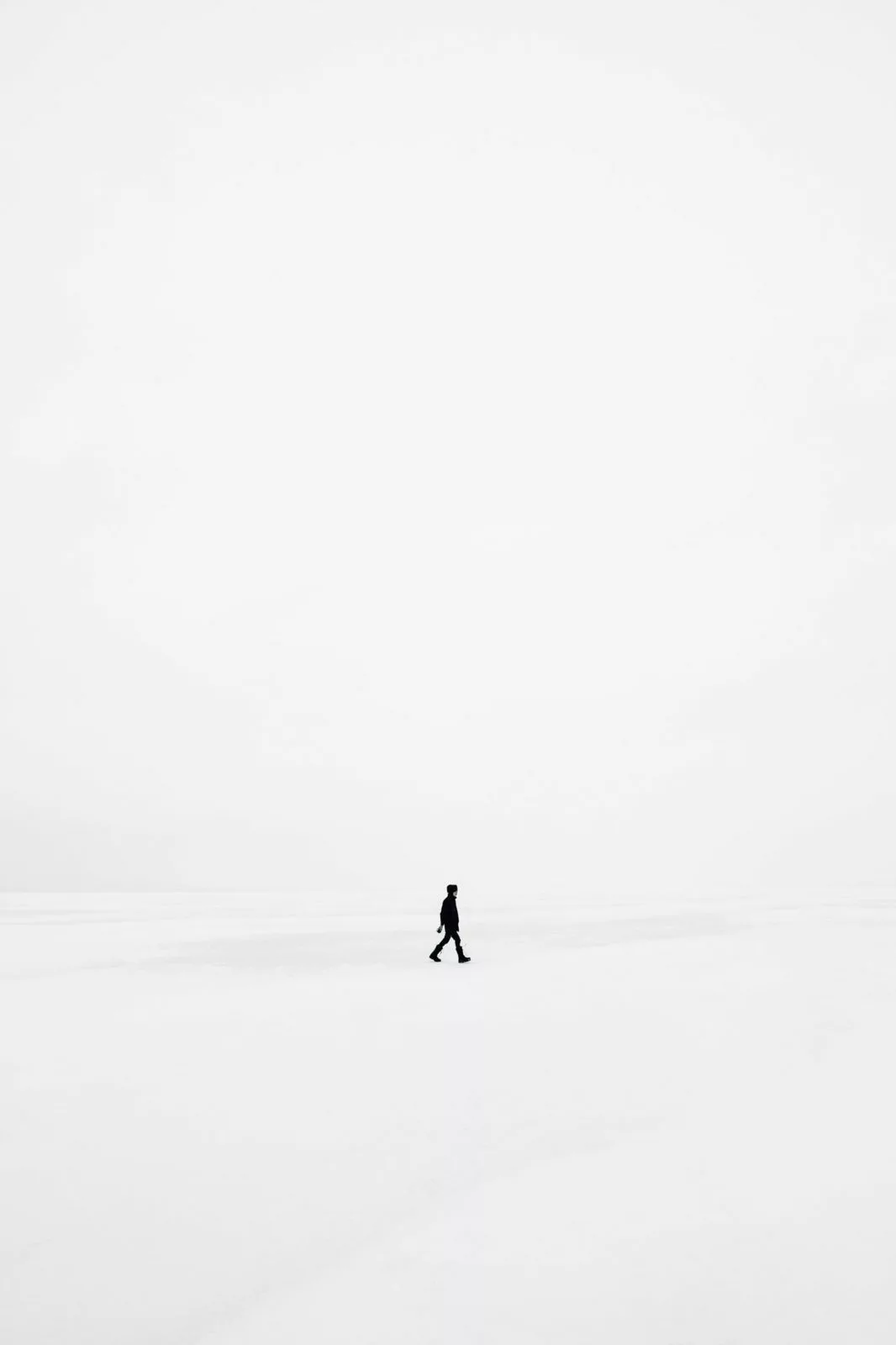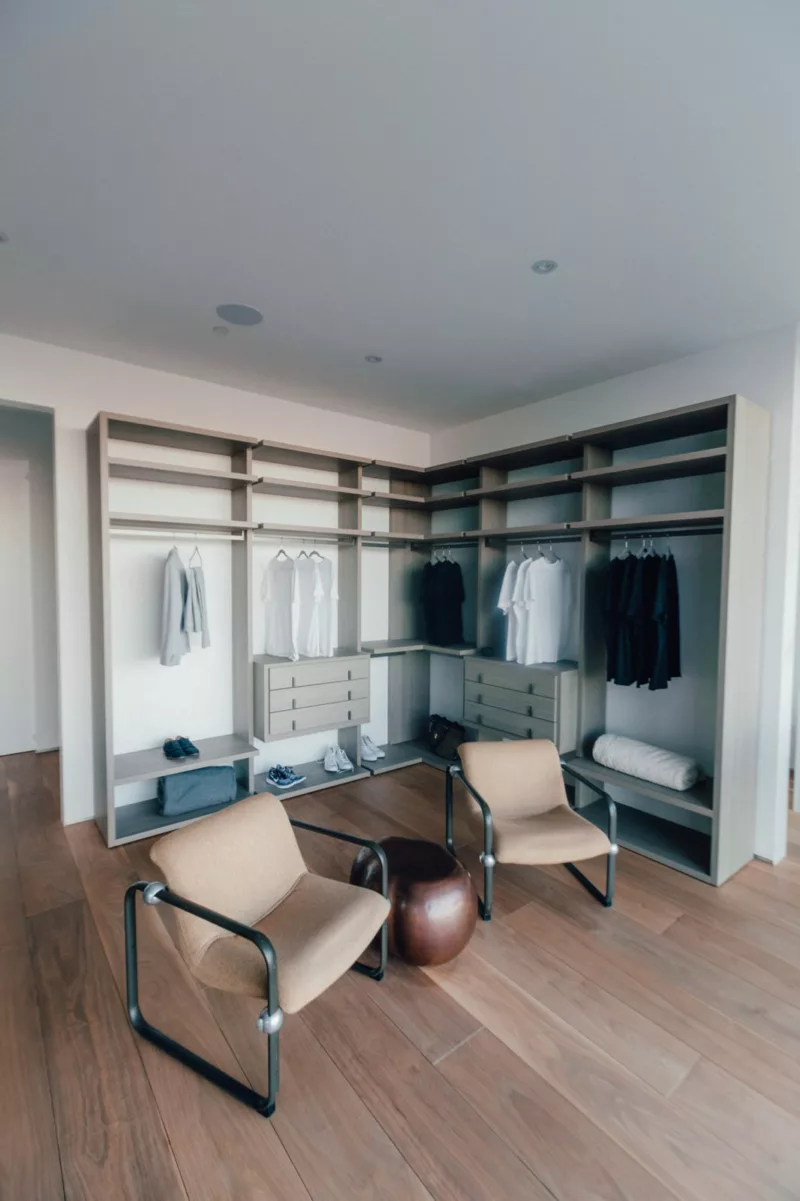Before we present you with the guide on how to become a minimalist, we should address what is minimalism.
As we described in our last post, minimalism is a word related to many areas. If you do you a quick search on a dictionary to find the meaning of the word, it will show you it is a style or technique used in music, literature or architecture. There’s an expression, however, that comes with that first part which is relevant to what we’re talking about: spareness and simplicity. These two concepts can move from art onto life (after all, to some, life imitates art) and thus minimalism as a lifestyle is born.
Minimalism as a lifestyle is all about spareness and simplicity. Unlike many who deride minimalism say, minimalism isn’t contrary to owning things. The minimalist lifestyle is designed to make you think about the difference between wanting and needing. Thus, you’ll be able to reevaluate your lifestyle and take a step toward reorganizing your house and your life with a focus on the minimal: the things you need. Minimalism doesn’t prohibit you from owning a house or a car, having books or a career. Different people make different choices and live different kinds of lives, but these choices must be based on needing and not simply wanting.
Table of Contents
Guide on how to become a minimalist in 30 days
If you want to distance yourself from the wild consumerism that took over this world in the last few decades, minimalist is your solution. Take a look at our guide and become a minimalist step by step. In 30 days, you’ll feel lighter – both figuratively and literally.
Rearrange your home by room and, within each room, then by section. It’s easier and it will keep you focused on the change. Without a proper method, you’ll give up quickly and that’s not what we’re aiming at here.
In The Kitchen
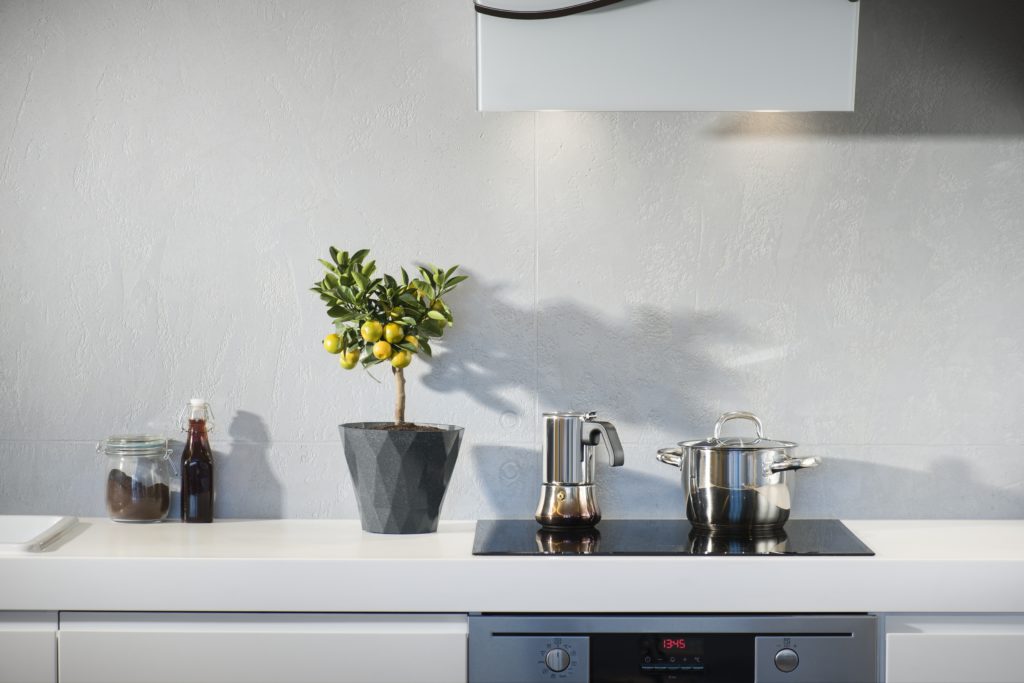
DAY 1
Cupboards and drawers
Clear out containers that are either broken, without a lid, or that you don’t use because you don’t need them. Also, clear out utensils you have never even used because you don’t need them. Don’t be surprised if you find repeated utensils or weird-looking utensils you don’t even understand what they could be for.
Many people tend to accumulate cups, plates, silverware, pots, and pans, etc. Go through your cupboards and drawers and get rid of all the excess stuff. Keep only the essential things to cook.
Don’t throw out things that someone else could still use. Donate them instead.
DAY 2
Pantry
Look for items that are expired, unused or that you don’t enjoy. Look out for those items you bought but ended up disliking or only used once for a one-time recipe.
Then, organize your pantry. Place your items in an adequate order, so it doesn’t get messy so often. It’ll save you plenty of time. For example, put the items you use more in the front and those you need every now and then in the back.
DAY 3
Fridge and freezer
In the fridge, look for rotten, expired, or old items. Check open cans and condiment packages. Go through the vegetable drawer and the hidden items in the back of the fridge. It’s important to check the vegetable drawer regularly so there’s not a rotten vegetable among good ones.
In the freezer, check out for food that has been frozen for more than six months. Food that has been frozen for more than six months to nine months is either spoiled, about to be spoiled or already losing nutrients.
Dispose of frozen items that you no longer want to consume.
In The Bathroom
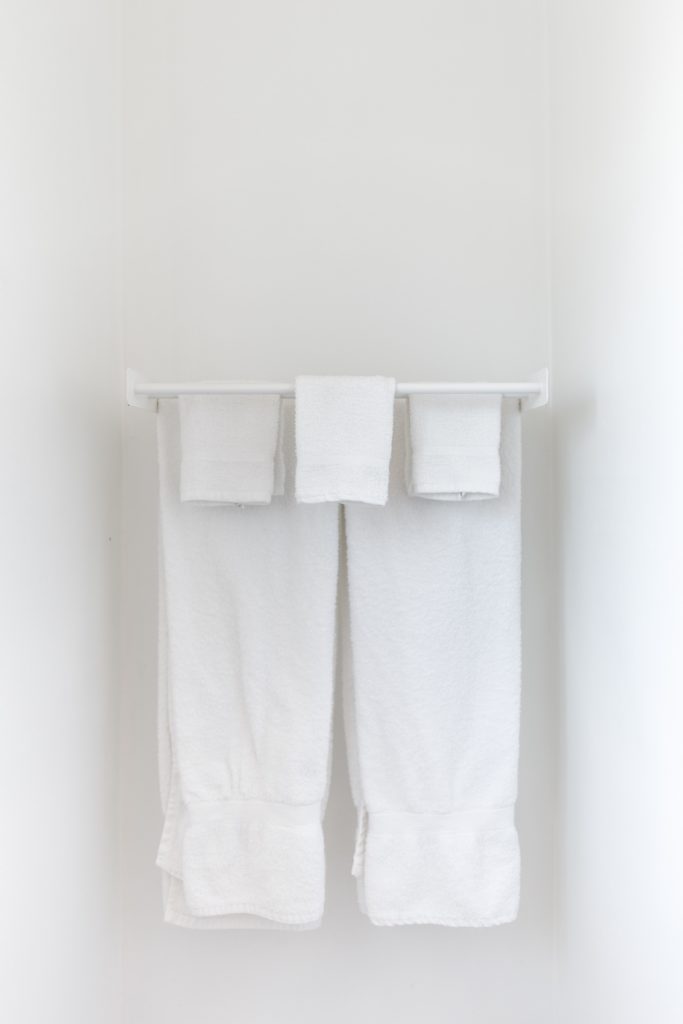
DAY 4
Cleaning products
Look for expired products. Don’t keep cleaning products that you need or different types of the same product. It’s unnecessary and takes up a lot of space.
Don’t keep the cleaning cloths that are already overused.
DAY 5
Beauty/Hygiene products
Clear out unwanted or spoiled make-up, perfumes, skin products, nail-polish, wipes, and worn out hair ties. If you’re one of those people (we have all been there) who have bobby pins scattered all over the place, find all of them and place them in a specific place – a box or a corner of a drawer, for example.
Take a look at your shower caddy: do you see several bottles of shampoo and shower gel, loofas, and razors? Toss away the empty bottles and the excess loofas and razors. You can buy more shampoo and shower gel when the ones you have are almost over, but only open them once you’ve finished the ones in the shower caddy.
DAY 6
Towels
Scan your towel compartment. Clear out worn-out towels and towels you don’t use or don’t want. Don’t toss the towels you no longer want away. Donate them instead.
In The Hallway and Living Room

DAY 7
Furniture
Check your cabinets and look for items you don’t want, don’t need, don’t understand or don’t recognize. If you follow this method, your cabinets will be free from all the excess stuff.
Keep your coffee table tidy. Clear out the things you no longer want and place the things you need in their places.
DAYS 8, 9, 10
Bookcases and shelves
Take a look at your bookcases and your shelves and see what has got to go: books you don’t care for anymore, CDs that no longer interest you or DVDs you have watched too many times. When it comes to decorative pieces, you should only keep the ones you love, the ones that you would miss. You should donate the rest since you don’t want or need them.
NOTE: about the books, CDs, and DVDs, some minimalists choose not to own books, CDs, and DVDs at all. Instead, they have them in digital format. How to organize your shelves is your call, just be certain that you only keep the essential.
In The Bedroom
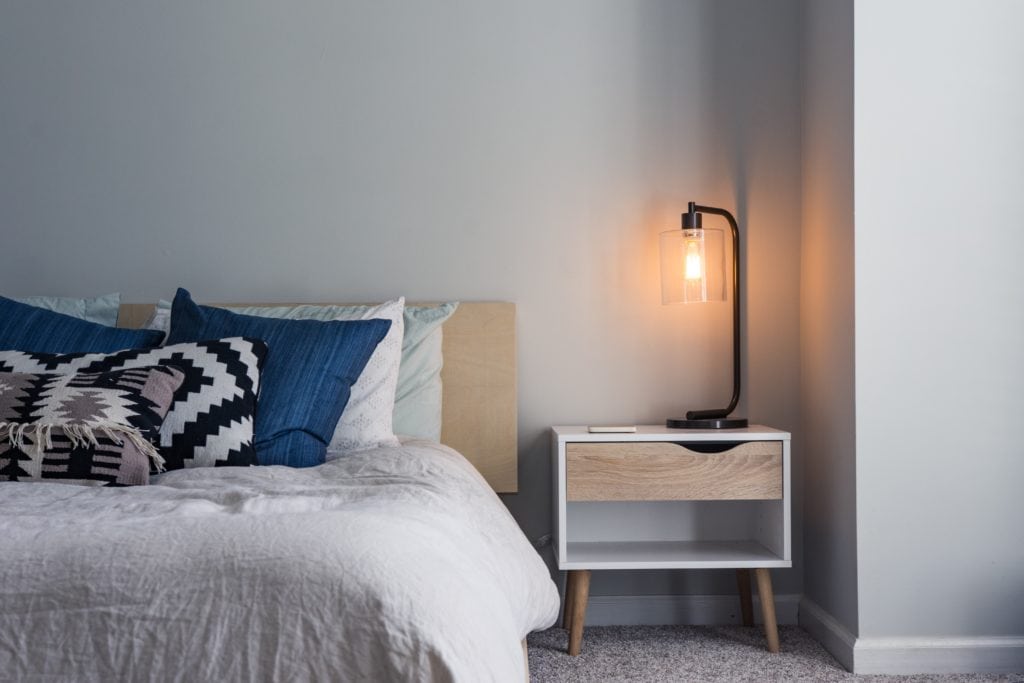
DAY 11
Linens
Clear out worn out or spoiled sheets and pillowcases. If you have too many bedding sets, donate them. Keep only the minimum sets in your house, for example, your favorite ones.
DAYS 12, 13, 14
Wardrobe and chest of drawers
This is probably the most complicated one if you’re a fashion lover. The best way to apply the minimalist method to your wardrobe, which is also the most effective, is to think ahead when buying clothes. You don’t have to buy a lot of clothes to have different outfits.
Consider buying different classic garments that never go out of fashion and match with one another. If you add a few accessories, it’s easy to make distinct outfits. You won’t look the same every day while owning limited clothes.
To declutter your wardrobe, divide the process into categories: start with pants, shorts, and skirts; move to shirts, t-shirts, sweatshirts, jumpers; then, dresses; finally, coats. Create the ‘keep’ pile and the ‘toss’ pile. If you come across garments with which you can’t decide what to do, put them in a ‘maybe’ pile. If they stay in the ‘maybe’ pile for more than two months, it’s obvious that they aren’t part of your ‘keep’ pile and it’s better to donate them.
DAY 15
Underwear drawers
Clear out your boxers, briefs, bras, and socks that are either spoiled or uncomfortable.
DAY 16
Shoes
Gather your shoes and clear out uncomfortable, worn out or unused pairs of shoes you don’t wear at all. Donate the ones that are still in good condition.
In The Study

DAY 17
Notebooks and magazines
Clear out unused or useless notebooks. Clear out old newspapers, pamphlets, and out-of-date magazines.
DAYS 18, 19
Documents
Go through the papers lying around your desk (or house in general) and select the ones you can throw away.
For the ones you need to keep, either get a file folder to organize the papers or get an app that scans your documents and keep them on your phone or computer. (Scannable is a great option).
DAY 20
Supplies
Look for either scattered supplies or supplies gathered in your supply organizer. Toss away dried-out pens and markers. Gather loose paper clips, spread post-it notes, excess pencils, etc. Keep only the indispensable supplies and donate the spare supplies.
Technology
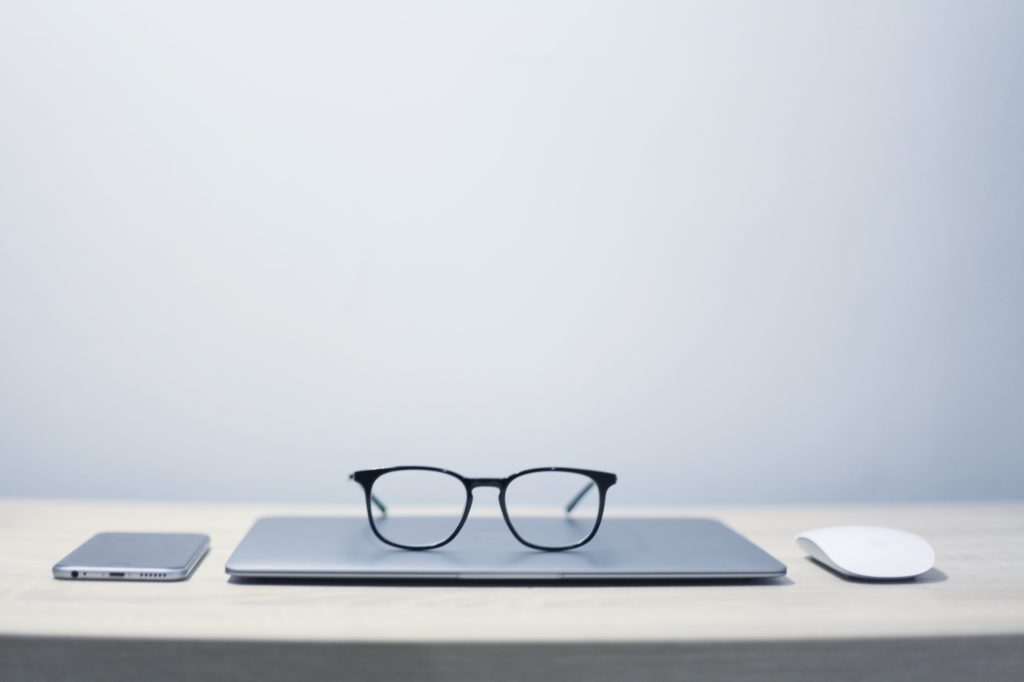
DAY 21
Phone
Delete useless apps. Clear out messages and photos within messaging and photo editing apps. Clear out pointless pictures and videos from the gallery and text messages.
Go through your contact list and delete useless numbers. Go through your email inbox and delete unnecessary emails. Also, unsubscribe from mailing services that are irrelevant to you.
DAY 22
Computer
Clear out your desktop. Delete irrelevant documents and photos. Organize the documents and photos you want to preserve by folders.
Various
DAY 23
Photos
If you have a chest filled with photos, consider transferring them to a digital format. That’s the preferred method of many minimalists. If that’s not OK with you, go through the photos and keep only the ones that are important to you. Keep them organized in the chest.
DAY 24
Car
Clear out the glove compartment and the trunk. There’s usually a lot of disposable stuff on car door compartments such as empty water bottles and food wraps – toss those away.
DAYS 25, 26, 27
Garage
The garage is, usually, the place where all the things we don’t need but want to keep end up. Go through the shelves and/or boxes in your garage and toss away the stuff you are certain you don’t need. If you placed those things in boxes in your garage and haven’t touched them ever since it’s because you won’t miss them.
DAY 28
Holiday decorations
Throw away broken decorations. Donate unused or unwanted ones.
Personal
DAY 29
Bags, purses, and wallets
Clear out your purse or bag. Get rid of pointless papers, candy wraps, empty pocket tissues, and whatever else you stuffed in there. Keep only the essentials.
In your wallet, keep only cards and money. If there are any receipts you need to have with you, try using the scan app mentioned above.
DAY 30
Accessories
Toss away broken watches and bracelets, broken belts, earrings missing a pair, and broken sunglasses. Donate accessories you no longer use or have never even used.
EVERY DAY
Mind
Take care of yourself. Clear out your mind of any work or family-related problems. Do something relaxing and enjoy yourself. Toss away any stress and anxieties related to daily issues. The more tranquil you face every day, the better you’ll do, and the healthier you’ll be.
